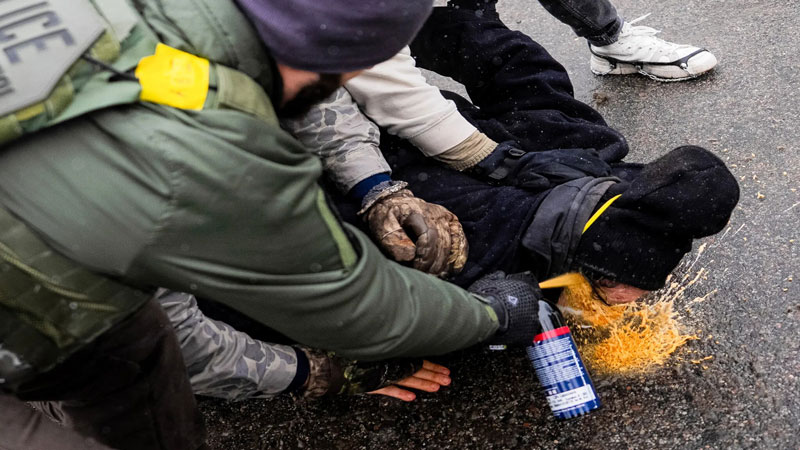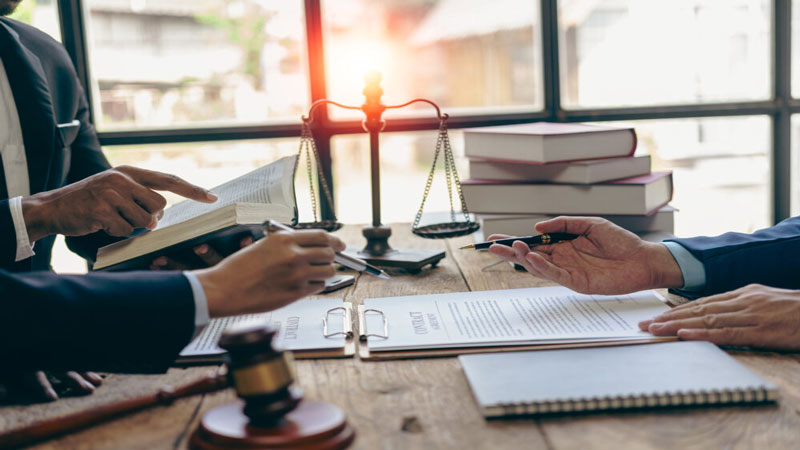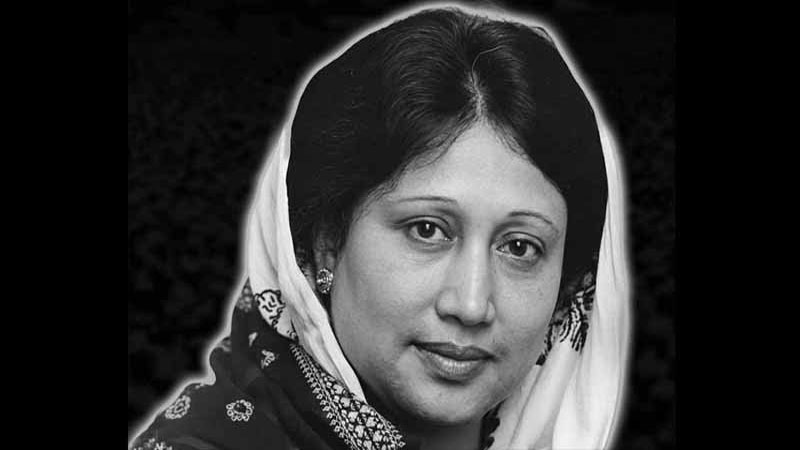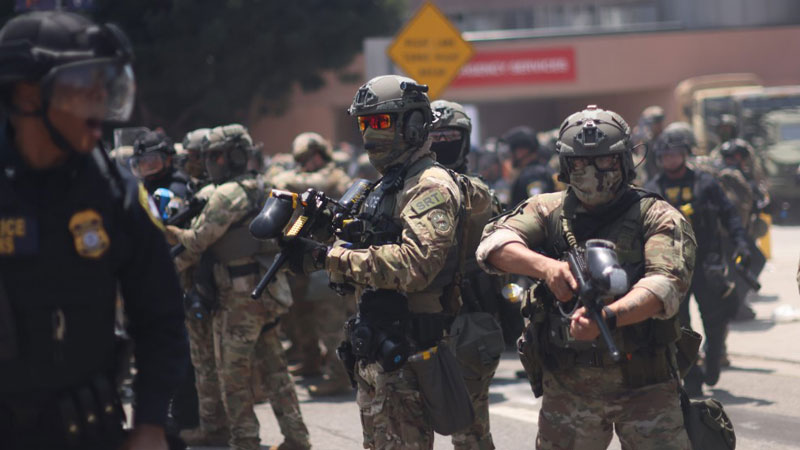
Column by Chhabed Sathee
Political farce in the name of referendum before election
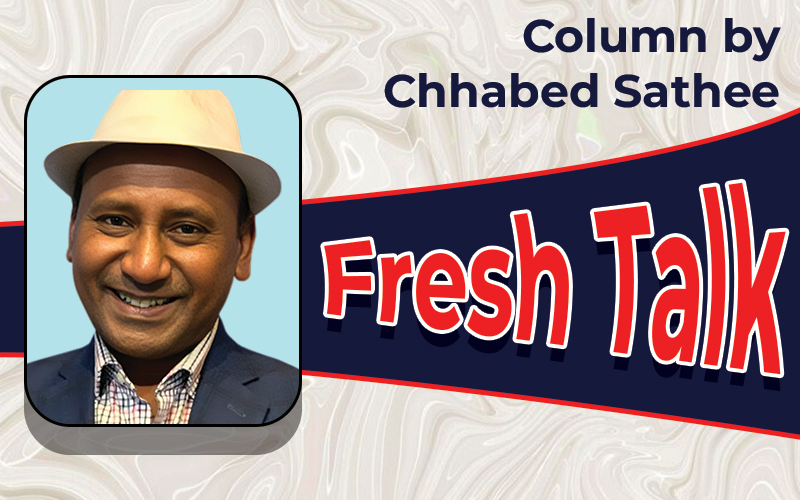
Chhabed Sathee
The question of a 'yes' or 'no' vote on the July Charter has taken the nation’s politics to a new turning point. Some see it as an exercise in democratic decision-making, while others consider it a political ploy—intended to safeguard the interests of a particular group under the guise of public opinion. Ever since the Charter was announced, a fierce debate has erupted across the country: is this truly a path to empowering the people, or just a controlled political drama?
According to the recommendations of the Consensus Commission, a referendum should be held on whether to implement the July National Charter. The Commission has also proposed a specific question:
“Do you approve of the July National Charter (Constitutional Reform) Implementation Order, 2025, and the draft amendment proposals included in its Schedule 1?”
This question lumps together 48 separate reform proposals—confusing and undemocratic in itself. It forces voters to say 'yes' or 'no' to all the proposals at once. It’s a kind of political hodgepodge that does not reflect genuine public opinion but rather attempts to manufacture artificial consensus.
The BNP has opposed this proposal from the beginning. Party Secretary General Mirza Fakhrul Islam Alamgir has declared that the BNP will not accept any referendum before the election, calling it unnecessary, irrational, and purely a political maneuver. Standing Committee member Amir Khosru Mahmud Chowdhury also said there is “no scope for discussion” on a referendum before the election. The BNP believes the move is a calculated trap designed to delay the election schedule and create political uncertainty.
On the other hand, several smaller parties—including Jamaat-e-Islami, Islami Andolan Bangladesh, and Khelafat Majlis—have demanded a referendum in November, arguing that delays in constitutional reform will deepen political stagnation. In reality, however, these demands seem driven more by political interests. Jamaat’s Nayeb-e-Ameer Syed Abdullah Muhammad Taher even declared publicly that “the referendum must be held even if the election is delayed.” That is not democracy—it’s a form of political coercion.
In a developing country like Bangladesh, holding an election is already a massive administrative and financial challenge. A separate referendum would double the cost. Former Election Commission official Jesmin Tuli told the media that organizing a referendum requires logistics on the same scale as an election, putting extra strain on the commission.
At a time of economic uncertainty—when dollar shortages and inflation have made the economy fragile—a referendum is nothing short of a luxury. Anwar-ul Alam Chowdhury Parvez, president of the Bangladesh Chamber of Industries, warned that political uncertainty and delays are hurting the business climate, saying that holding the national election on time is vital for economic stability.
Legally, too, the referendum proposal is weak. The constitution does not contain any direct provision for a national referendum. A constitutional amendment would first be required to authorize one—a long and complex process that could delay the election further. The additional legal, financial, and administrative hurdles of such a move could derail the entire electoral process.
Another key question is whether such a referendum would truly reflect the people’s will. When 48 constitutional amendments are bundled into a single question, voters cannot meaningfully distinguish which proposals they support or oppose. It becomes a form of “blind voting,” contrary to the spirit of democracy. The simplistic “yes or no” structure of a referendum distorts public opinion on complex constitutional issues.
Recently, rallies by Jamaat and its allies demanding a referendum have heightened political tension. Law and order deteriorated around these demonstrations—proving that the referendum question is not just political but also a security risk. At a time when the nation needs dialogue, unity, and trust, a divisive initiative like this referendum will only deepen polarization.
Democracy draws its strength from elections—through people’s votes. A one-way process like a referendum does not express the people’s will; it merely legitimizes one party’s decision. The referendum is not a necessity now—it’s a political distraction.
What Bangladesh truly needs is a free, fair, and timely national election—one that restores confidence in democracy and gives value to every vote. Holding a referendum before the election would waste time, money, and administrative resources, harm the economy, discourage investors, and deepen divisions. In short, a referendum before the election would not be democracy—it would be a farce. It would push the country toward uncertainty, not progress.
If a referendum is to be held at all, it should come after the national election. The newly elected government could then debate the July Charter in Parliament, incorporate differing opinions, and, if necessary, hold a referendum before presidential approval.
The Consensus Commission worked hard to produce the July Charter, but the referendum proposal has now put that effort in jeopardy. It seems unlikely to produce any meaningful result—rather, it risks creating a chaotic political situation.
As political divisions deepen, public interest and turnout in such a referendum would likely decline. A boycott by any major party would worsen the crisis. A controversial referendum before the national election could obstruct Bangladesh’s democratic progress since the July uprising.
Chhabed Sathee: U.S based writer, journalist and American political analyst. Editor Bangla Press.
BP/SM
YOU MAY ALSO LIKE

